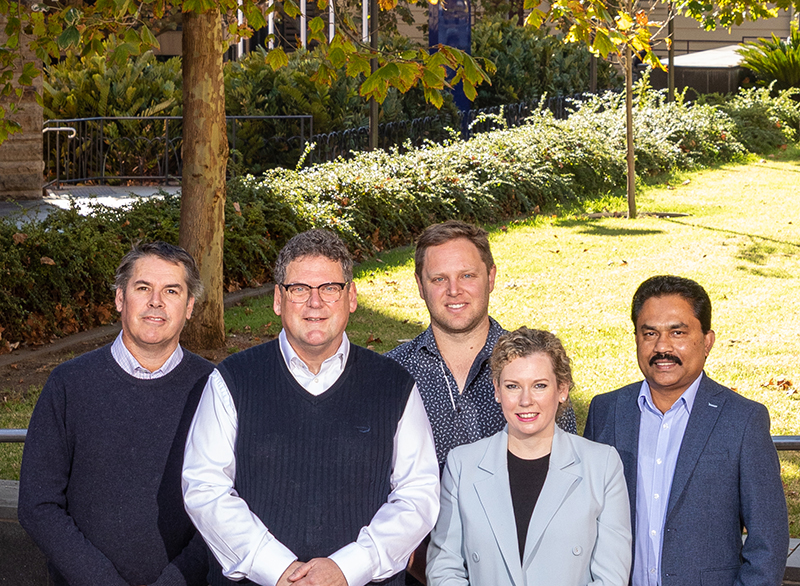
Pets bring us joy, a renewed purpose, provide company, and have been proven to positively impact an individual’s mental health and sense of self to extraordinary degrees.
Dr Janette Young has been investigating the positive outcomes animals bring to our lives for more than ten years. Regularly featured in the media, her research demonstrates how pets improve mental health and wellbeing for people especially in times of loss, trauma and change, particularly as we age.
Dr Young is just one of UniSA’s mental health researchers whose inspiring work in mental health that is already having meaningful impact.
This work is highlighted as part of the UniSA’s Enterprising Minds for Mental Health fundraising appeal. Through the appeal, UniSA is asking our community in join us in making mental health a priority by donating to the Mental Health Research Fund, supporting this crucial research.
Dr Young and her colleagues in the Pets & People Research community of practice are applying their knowledge to residential aged care – where people who have had pets all their lives may end up with no animal contact; meaning they lose the special mental health benefits that animals are uniquely able to provide.
They also aim to ease the transition into care facilities, as being separated from a loving pet is known to delay people going, and also causes separation anxiety and depression when there.

In paper, Qualitative Analysis of Pets as Suicide Prevention for Older People, published in the journal Anthrozoos, Dr Young and her colleagues delve into the findings from extensive interviews with older people (aged 60-83 years) on the impact of pets on their health.
“Pets offer a counter to many older people’s sense of uselessness,” Dr Young says. “Animals need looking after which creates a sense of purpose for older people, and they also promote social connections with other people.”
“Health and care providers need to understand the distress that many older people face when they have to relinquish their pets if they move into aged accommodation, lose their spouse or downsize their home,” Dr Young says.
“For some people, the loss of a pet may mean the loss of a significant mental health support, one that was perhaps even protecting them from ending their life.”
The lack of pet accommodation in aged care should be re-examined in light of these findings, Dr Young and her colleagues conclude.
The researchers are also strategising ways to allow emergency care for people and their pets, as this is currently a known gap as well.
With Dr Young and her team’s support, these findings will motivate agencies and institutions to adopt policy changes that enable people to continue keeping pets in their lives as long as they are able, bringing joy the lives of many – including our furry friends.
UniSA’s Deputy Vice Chancellor Research and Enterprise, Professor Marnie Hughes-Warrington is inspired by the remarkable stories about the important work our leading researchers are undertaking in the area of mental health, just like Dr Young.
“With one in five Australians impacted by a mental health condition during their lifetime, it is crucial that we strive for the best services, supports and solutions,” Professor Hughes-Warrington says.
“Our mental health researchers are tackling the critical frontline issues and delivering enterprising solutions. From prevention, through to complex and acute responses designed for people in crisis – right up to the point of care, their work spans the whole spectrum.”
“I invite you to join us in making mental health a priority with UniSA’s annual fundraising appeal.”
All gifts to the UniSA Mental Health Research Fund will support key researchers in addressing current mental health challenges. To learn more about their impressive work, and to donate, please visit our website: www.unisa.edu.au/mentalhealth.
If you or anyone you know needs help, please contact:
Lifeline on 13 11 14 or www.lifeline.org.au
Kids Helpline on 1800 551 800
MensLine Australia on 1300 789 978
Suicide Call Back Service on 1300 659 467
Beyond Blue on 1300 224 636
Headspace on 1800 650 890

When you give today, 100% of your donation will go directly to UniSA's mental health researchers - with no admin fees or hidden costs.
At UniSA, our researchers are dedicated to helping people who strive to live a better life. Join us in making mental health a priority by donating to the UniSA Mental Health Research Fund today.
